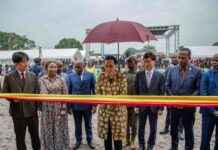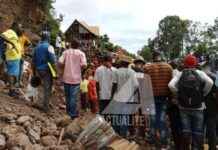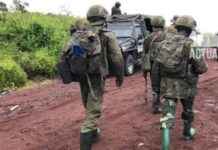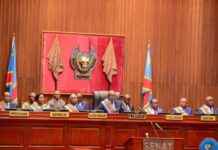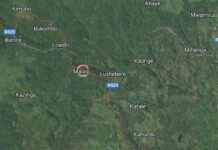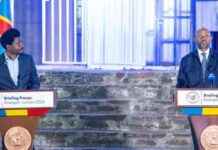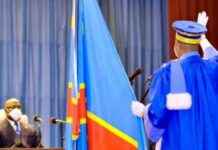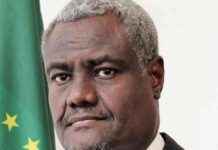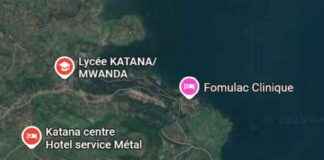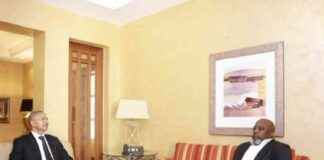Government of DRC Rejects Deforestation Accusations
In a recent press briefing on Monday, December 30, 2024, the government of the Democratic Republic of Congo (DRC) vehemently denied accusations made by the European Union regarding alleged massive deforestation linked to the production of coffee and cocoa. Ministers of Foreign Trade, Julien Paluku Kahongya, and Communication and Media, Patrick Muyaya, clarified that the cocoa and coffee, key export products of the DRC, are sourced from arable lands and not from deforestation.
The Facts: DRC’s Land Use and Environmental Impact
Minister Julien Paluku Kahongya emphasized the distinction between forest cover and arable lands in the DRC, stating that the country has 155 million hectares of forest alongside 80 million hectares of arable land. He stressed that cultivation on arable lands does not violate deforestation principles, as it does not encroach upon forested areas. Minister Kahongya highlighted that the DRC’s annual deforestation rate stands at a minimal 0.03%, indicating a negligible impact on forest cover over time.
Challenges and Accusations
The Federation of Companies of Congo (FEC) in the province of North Kivu raised concerns about the exclusion of DRC’s cocoa and coffee from the European market by the European Union. The FEC members from Beni Territory expressed surprise at the removal of their products, including cocoa and coffee, from “Fairtrade” and “Bio” certifications necessary for entry into the European market. This exclusion undermines the DRC’s efforts to promote Congolese cocoa and coffee internationally.
Expert Insights and Environmental Impact
Minister Julien Paluku Kahongya criticized the European Union experts for their lack of understanding, highlighting that planting cocoa and coffee trees contributes to reforestation by absorbing carbon dioxide and releasing oxygen, similar to other trees. He emphasized that the DRC, as part of the Congo Basin, sequesters 1 billion tons of CO2 annually, warranting recognition for its environmental contributions.
As the DRC navigates challenges related to sustainable agriculture and international trade, it remains essential to acknowledge the complexities of land use, environmental impact, and global market dynamics. Balancing economic development with environmental conservation is a delicate task that requires nuanced approaches and collaborative efforts from all stakeholders involved. In the pursuit of sustainable cocoa and coffee production, transparency, dialogue, and mutual understanding are key to overcoming misunderstandings and fostering a more sustainable future for the DRC’s agricultural sector.
Now, imagine walking through lush cocoa and coffee plantations in the heart of the Democratic Republic of Congo. The sun filters through the canopy, casting dappled shadows on the vibrant leaves. The rich aroma of freshly brewed coffee mingles with the sweet scent of cocoa pods ripening on the trees. You witness the careful cultivation practices that sustain these valuable crops, ensuring a harmonious coexistence with the surrounding environment. As you savor a cup of Congolese coffee or indulge in a piece of exquisite chocolate, remember the stories of resilience, innovation, and passion woven into each bean and pod. Through responsible stewardship of the land and a commitment to sustainable practices, the DRC continues to redefine the narrative of its agricultural heritage, one cup of coffee and chocolate bar at a time.


